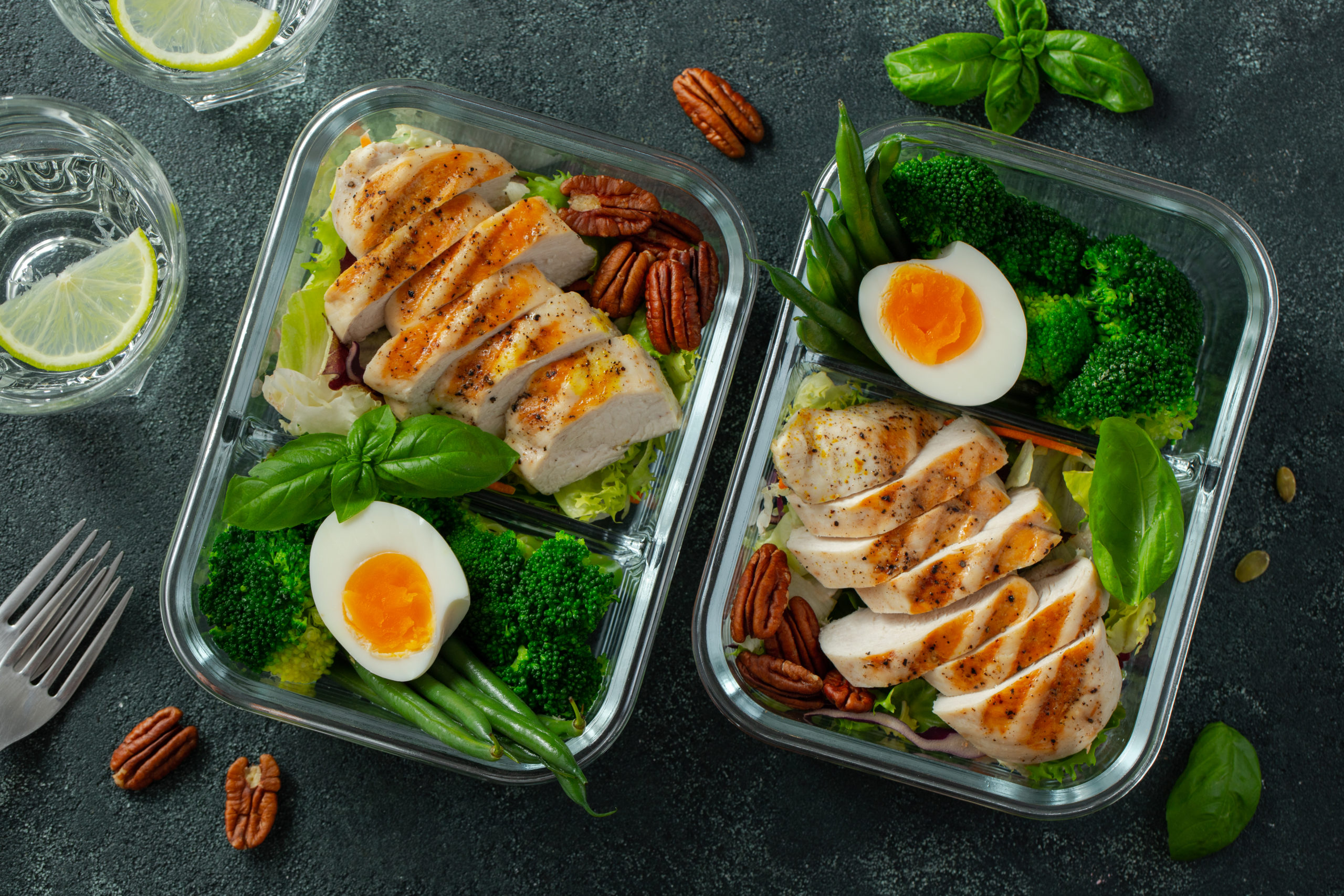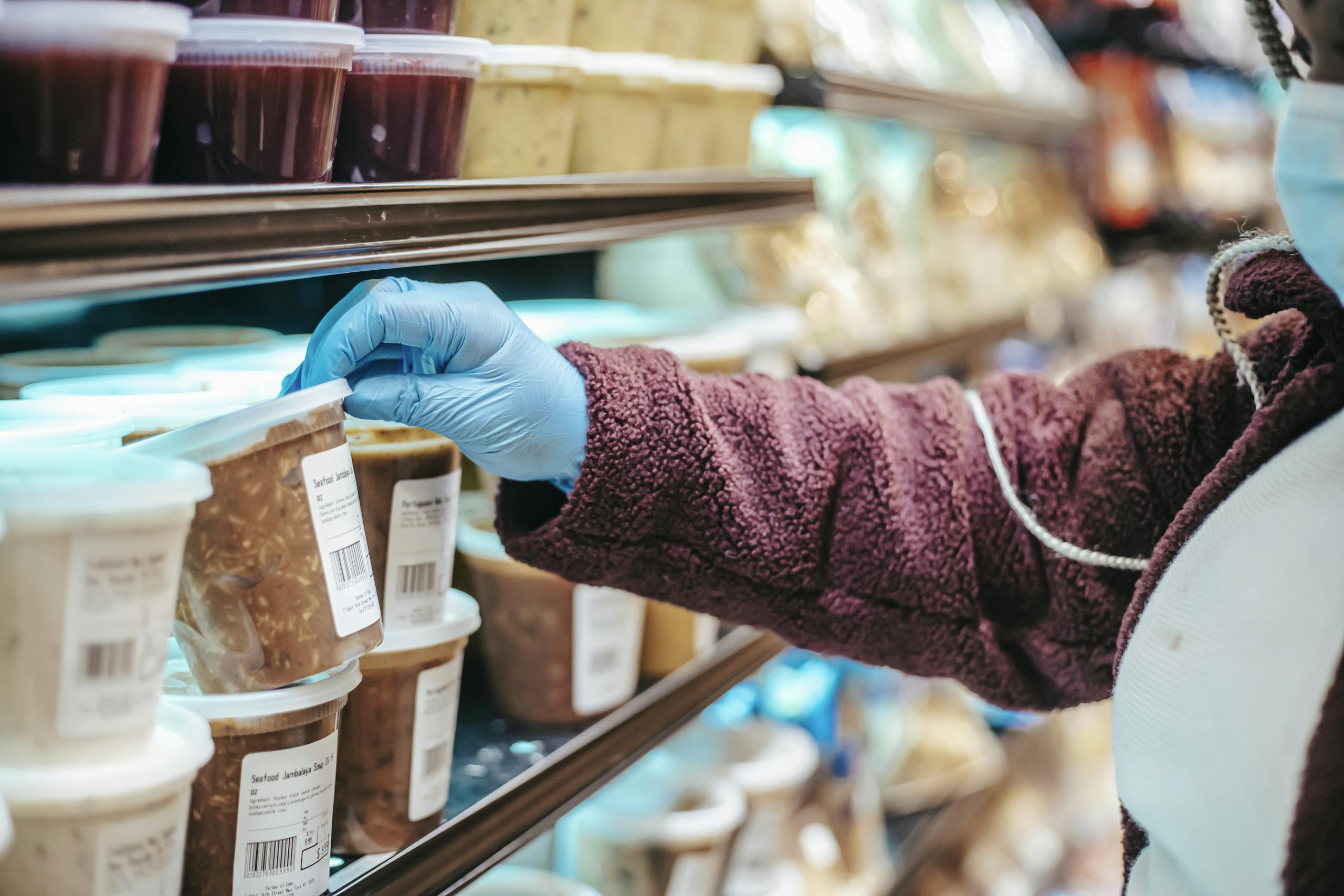Author: Cosmina Bradea
The act of portioning out a prepared meal or recipe to generate grab-and-go meals for later is known as meal prepping. If you’ve ever prepared a mini-meal by packing up your dinner leftovers to eat for lunch the next day, congratulations! You already know a little bit about meal prep. However, in most cases, meal preparation means making enough food for three days to one week at a time.
What can you meal prep and what not?
There are numerous foods which last a long time when meal prepping, without altering in taste and texture. Find below which are the most and least favorite ingredients:
Foods that are good options for meal prepping:
- Cooked grains (rice, couscous, bulgur, polenta etc.)
- Cooked beans, peas, and lentils (green beans, kidney beans, chickpeas, peas etc.)
- Cooked meat (chicken, turkey, beef, pork etc.)
- Fresh vegetables (celery, kale, carrots, bell pepper etc.)
- Roasted vegetables (broccoli, brussel sprouts etc.)
- Potatoes
- Boiled eggs
Foods that are not the best for meal prepping:
- Lettuce
- Crunchy fried food
- Avocado
- Sliced fruit (apples, bananas etc.)
Lettuce will get soggy, crunchy fried food will lose its texture, avocado and sliced fruit will start to brown.
How to store the food?
It’s best to store your food in airtight containers, in the fridge. Fish, chicken, and beef remain fresh in the refrigerator for 3 to 5 days. Fresh vegetables can be consumed from the refrigerator in a 2 week timeframe. However, frozen food can be consumed within 6 months, so keep that in mind when planning for your meal prep!
Mistakes to avoid
When meal prepping, it’s best to consider the following aspects. Not all foods can be frozen! For instance, roasted vegetables or salad dressings are a no-go. When meal prepping, don’t go too overboard with the number of dishes! It’s best to start with a 3-day or 4-day meal prep, but if you really want to meal prep for the entire week, keep in mind that you may need to store some of the tupperware in the freezer to ensure freshness.
Suggestions
For your meal prepping, try using bento boxes, so you can make nice breakfasts or lunches. Start meal prepping with easy recipes, like overnight oats, and build up from there. Try different recipes and see what works best for you. More importantly, make sure you plan your ingredients and meals!
Now that you know about meal prepping 101, will you try integrating it in your student life? Let us know how it goes! Do you want to know more about our study programs abroad? Make sure to check out our website or send an email to admissions@pihospitalityacademy.com for more information!




